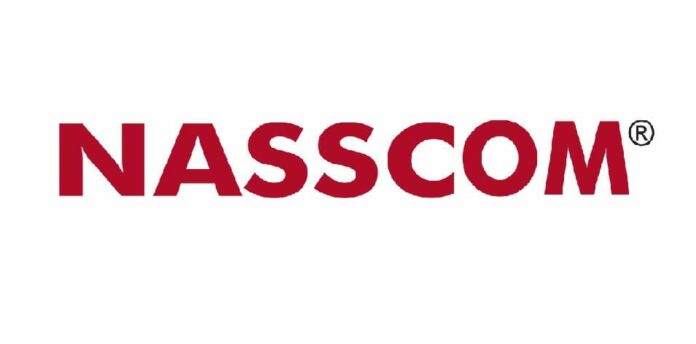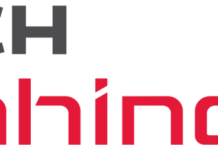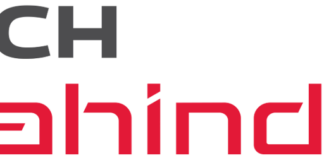National Association of Software and Services Companies (NASSCOM) today shared the key highlights of its response to the TRAI consultative paper on Regulatory framework for OTT services.
According to NASSCOM, the advent of the Internet, proliferation of mobile telephony, adoption of social media, big data/analytics, cloud, IoT etc. combined with the burgeoning growth of the start-up and innovation ecosystem and the Digital India vision have created the perfect confluence for breakthrough economic development and transformation of our country. This transformation would cover all vital social and economic spheres including education, healthcare, financial inclusion etc
Mr R. Chandrashekhar, President, NASSCOM said, “Net neutrality creates an open and level playing field that facilitates innovation, adoption and inclusion. The other key priority is the proliferation of an affordable telecom infrastructure. These essential building blocks of the digital revolution are not contradictory and can and need to be synergised. NASSCOM has advocated a constructive and forward looking definition of net neutrality to achieve these objectives”.
Mr Sanjeev Bhikchandani, Chair of NASSCOM Internet Council said, “Any stifling regulations restricting access to Internet or Internet platforms and services would not only seriously hamper this prospect of development but also suppress growth and success of innovation driven tech start-ups and SME companies”.
The emergence of the Internet, the resultant data revolution and the advent of a host of application service providers has disrupted existing equilibria and business models in several sectors including telecom and IT itself. It is important to synergise adoption of Internet platforms and innovation driven models with growth of telecom infrastructure. This would lead to a virtuous cycle of growth, where sustained rise in revenues from data consumption is spurred and driven by the Internet platforms and services (referred to as Over-the-top (OTT) services in the TRAI paper).
As mobile penetration approaches saturation level, voice traffic would plateau and rising data traffic will be the driver of demand for more telecom infrastructure. The issues brought out in the TRAI paper arise from the fact that the current revenue streams of TSPs are heavily voice dependent while demand for infrastructure is being increasingly driven by rising data usage. In the long run therefore, a revenue stream calibrated to the demand/consumption of data is the way forward to ensure that the demand driver and revenue generator are aligned.
For this to happen, there is need to understand the key guiding principles of net neutrality which is about unfettered user right of making an informed choice in deciding access to legal content/ services on the Internet.
NASSCOM believes that the Users Right to Choose is one such right that is seriously compromised when regulations fail to proscribe price and non-price based discrimination by TSPs. The downstream impact is needless data demand curtailment.
In view of the above, NASSCOM has suggested that regulators should ensure Net Neutrality as outlined below.
- Universal principles of net neutrality, access for all and leveraging Internet for development growth should be upheld.
- Given the variety of definitions worldwide, it is important to recognise that unfettered user right of making an informed choice in deciding access to content is the bedrock of Net Neutrality.
- There should be no roadblocks to rapid adoption of ICT enabled models and innovation that are expected to drive the Digital revolution in the country. .
- No rights/discretion to TSPs to effectively – censor/block legal content; to throttle lawful internet traffic; determine how users use internet in the form of “normal net management or commercial practices”.
- Level playing field for internet platforms and services, especially entrepreneurial start ups
- Prioritization of Emergency or any other services as prescribed by the regulator accompanied by public declaration and without price discrimination
- Clear and declared definition of acceptable technical practices by TSPs for management of network traffic in conformity with above principles
- No double dipping by Telecom Service Providers (charging for data from both consumer and application/platform provider)
- Security restrictions as required for ensuring reliable services and lawful demand of security agencies.
It is also important to dispel the myth that Internet Platforms and Services (OTT services) are currently not regulated. The Information Technology Act and its different rules pertaining to intermediaries and interception are applicable to Internet Platforms and Services, as also Code of Criminal Procedure, IPC etc.












